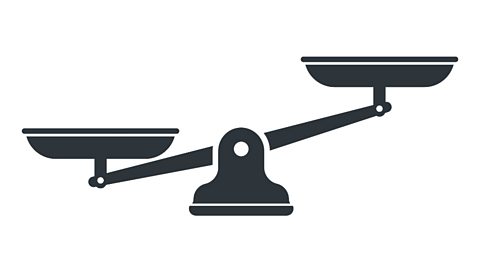Judgement
Yawm al-DinThe Day of Judgement (yawm means тdayт, and din means тjudgementт). is the Day of Judgement, when Allah will decide how people will spend their afterlife.
Most Muslims believe they have free will to make their own choices. They also believe that they will be judged by God for those choices. They recognise that humans are still responsible for their actions.
When Godтs purpose for the universe has been fulfilled, the world will be destroyed.
When the world ends, IsrafilA angel in Islam. It is believed that he will blow a trumpet to announce the Day of Judgement. will sound a trumpet and there will be a resurrection. All the dead bodies will be raised and will gather on the plain of ArafatA plain a few kilometres from Makkah (Mecca) with a hill at its centre known as the Mount of Mercy, the place where the Prophet Muhammad delivered his Farewell Sermon. for the final judgement.
When the bodies are raised from the dead, they will be naked so that nothing can be hidden. They will also be given their own book of deedsThe record of each person's good and bad deeds that they must explain to Allah on Judgement Day.. They will take it in turns to read aloud from their book so that nothing can be hidden.

For one whose scales are heavy with good deeds, He will be in a pleasant life тІ for one whose scales are light, His refuge will be abyss.
Those who are handed their deeds in their right hand will go to Heaven, and those who are handed them in their left hand will go to Hell.
The idea of a Day of Judgement encourages Muslims to live their lives in a good way. They try to pass the test of life and take responsibility for their actions, whether good or bad.
Muslims can also ask for forgivenessTo pardon someone for something that they have done wrong. and they recognise that intentionAn idea that is planned to be carried out. is important. For example, if a person carries out an action because they intend the result to be good but the outcome is unexpectedly bad, a good deed will still have been done as the intention was good.